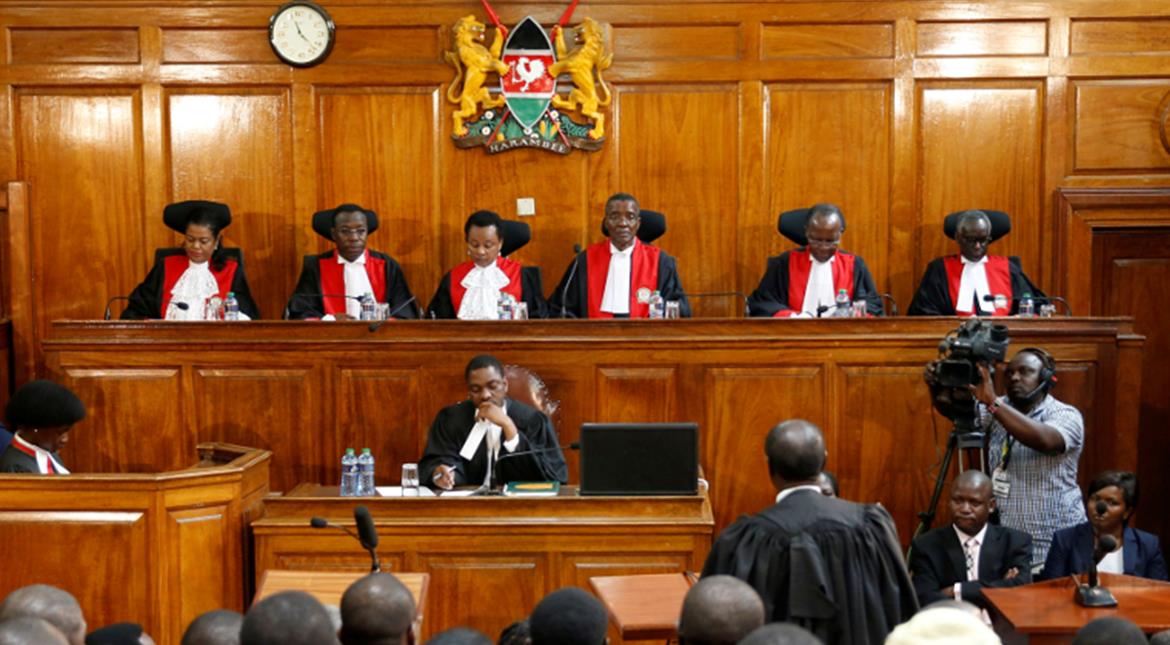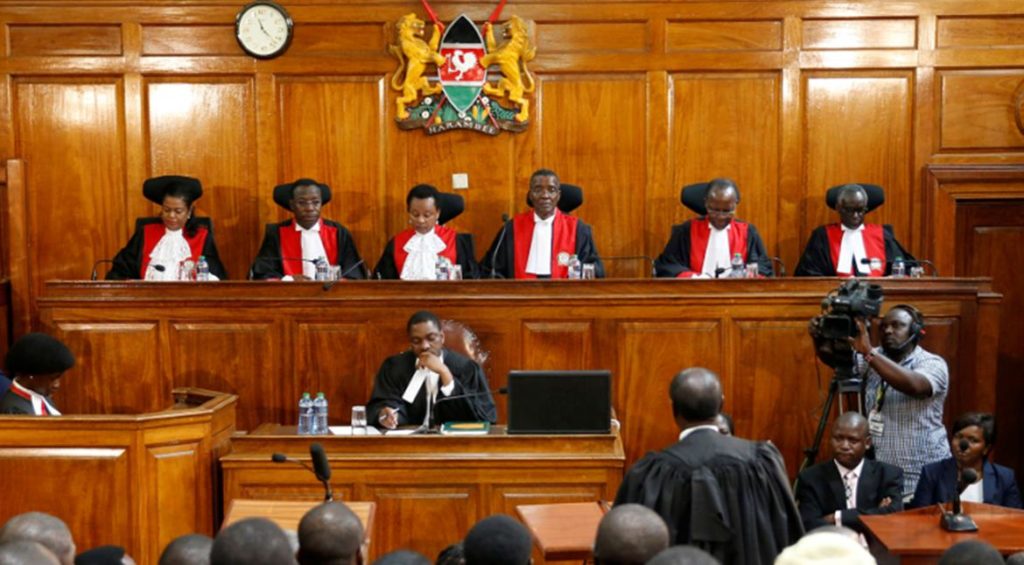Draw lessons from Kenya’s Supreme Court verdict ahead of 2020 polls


The Supreme Court verdict which annulled the election of Kenya’s President Uhuru Kenyatta in the August 8 elections did not only demonstrate the maturity and independence of the Court system in Kenya but also animated the cause for entrenched institutionalism in Africa and critically so, Somalia.
In vigorously asserting its independence of mind especially in a country where presidential elections portend very high stakes roping in the region, the Supreme Court sought not only to assure the citizenry of an insurance of their will but also delivered a stern warning to the electoral body that it must uphold fidelity to the rule of law, any pressures notwithstanding.
The lessons for Somalia are abundant and they must be seized without demur. We are currently stuck in a legal limbo regarding the contested election of eight lawmakers in the 2016/17 parliamentary and presidential elections. To date, the country stands between a High Court decision which annulled the election of the 8 lawmakers and a Parliamentary vote which ‘quashed’ the Court verdict. In a nutshell, we seem to have given up on it and ‘let nature take its course’.
As a country, we set a precedent which will no doubt haunt us some day; some explanation will have to be proffered.
The Kenyan Supreme Court sat on the pedestal of history; either to affirm the long observed tradition of Courts shying away from radical decisions even in the face of overwhelming evidence or stamping its foot on the ground denying itself the pleasures of status quo. The Court made it abundantly clear that election is not an event but a process. Errors of omission and commission can cost an election and so did the Kenya one.
The Supreme Court did not find Uhuru Kenyatta culpable of electoral malpractices but resoundingly established the IEBC failed, neglected or refused to conduct the Presidential Election in a manner consistent with the dictates of the Constitution and inter alia the Elections Act, Chapter 7 of the Laws of Kenya.
Our own National Independent Electoral Commission (NIEC) can learn quite a lot from the Court verdict as it prepares the country for the 2020 elections which are expected to be based on universal suffrage.
Public confidence in the electoral commission is a guarantee to citizen participation in elections without which the exercise of a democratic right and fulfillment of the civic duty to elect leadership is grossly diminished.